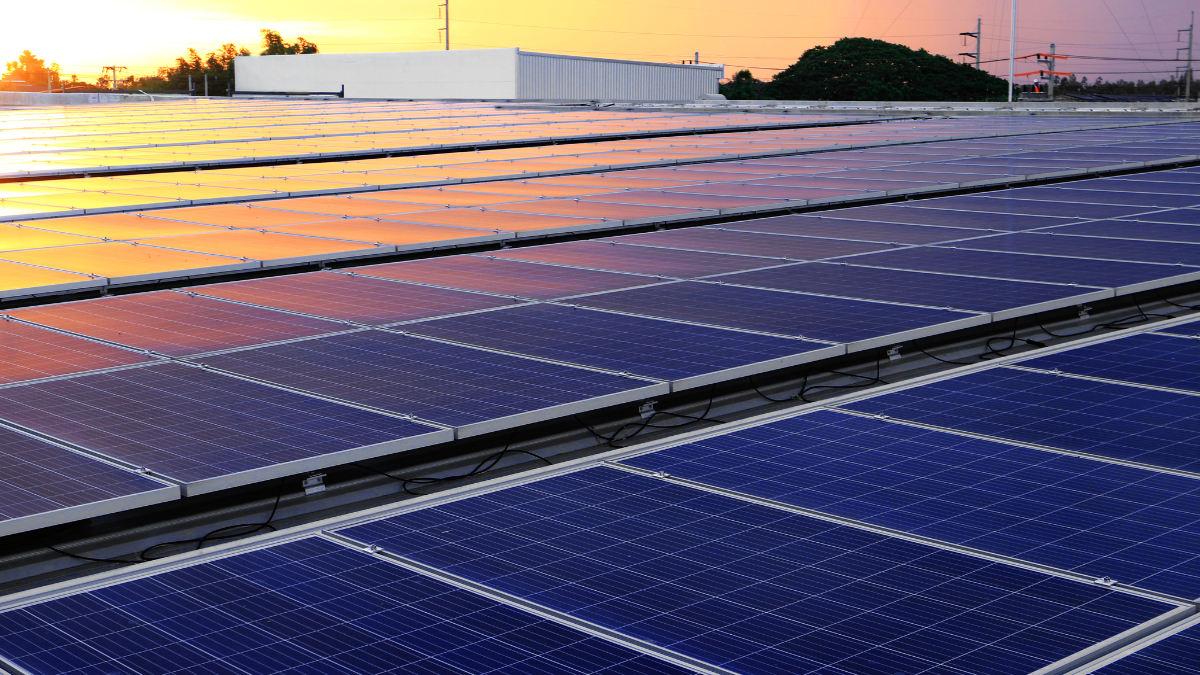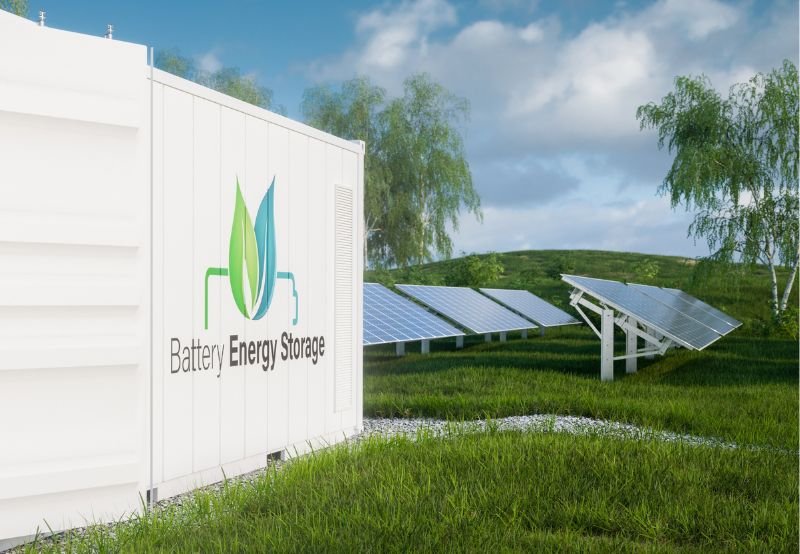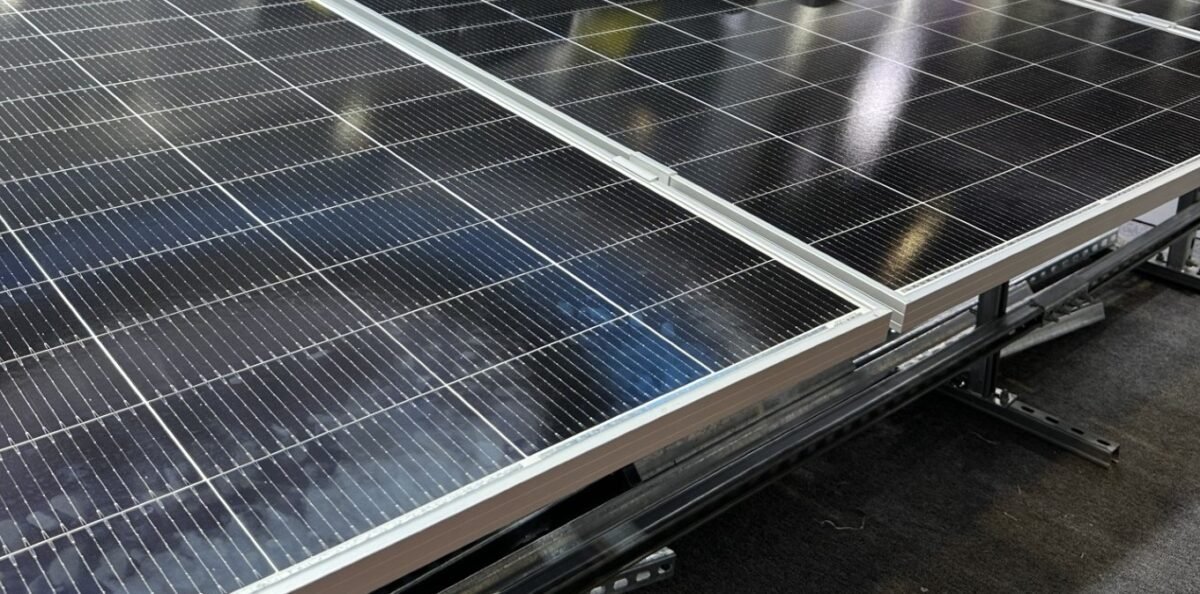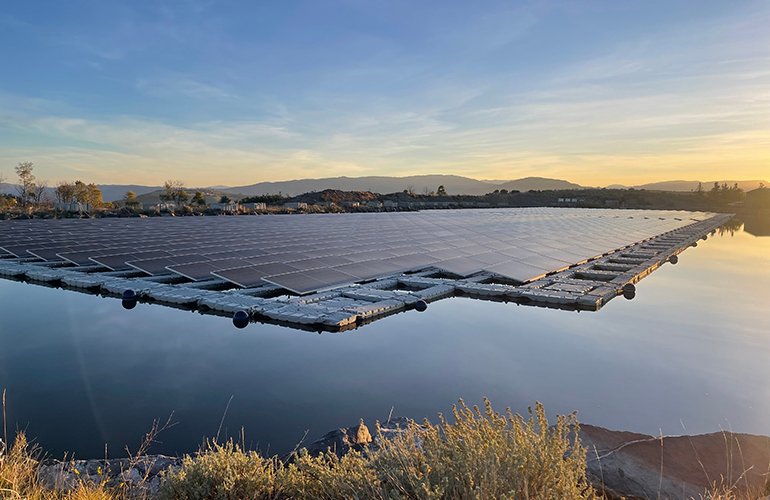India’s Rooftop Solar Revolution Underway
India has made tremendous progress in the solar energy sector. Rooftop solar, once considered a luxury for the wealthy, is now becoming increasingly accessible to families in tier-2 towns and villages. This shift is largely driven by the decreasing panel prices, improved government subsidies, and the visible benefits of reduced electricity bills.
Why Rooftop Solar is Gaining Momentum
The perfect solar storm has been created by a combination of three factors. First, panel prices have dropped significantly, to ₹18-20/Watt. Second, government subsidies have become more favorable, offering up to 40% off for systems under 3kW. Finally, people are seeing their neighbors save up to 70% on their electricity bills, making it a compelling choice for many.
Tier-2 Towns Embracing Rooftop Solar
In Jaipur, homeowner Priya Sharma has already seen the benefits of installing a 5kW rooftop solar system. Her electricity bill has been reduced from ₹8,000 to just ₹1,200 per month. Local installers are now offering attractive EMI options and handling all DISCOM paperwork, making it easier for non-tech-savvy buyers to make the switch.
Battery Energy Storage Systems (BESS): From Luxury to Necessity
Net Metering: Separating Fact from Fiction
Many homeowners in Maharashtra have questioned whether DISCOMs will compensate them for excess energy produced. The answer is yes, as evidenced by Tata Power Maharashtra’s payment of ₹4.2 crore in bill credits to users in 2024. However, regulatory hurdles still exist for systems over 10kW.
Women Now Drive 62% of Household Solar Purchases
According to TERI’s 2024 data, women are increasingly taking the lead in household solar purchasing decisions. Kolkata resident Meera Das remarks, “I’m tired of budgeting for unpredictable bills. Solar is a straightforward calculation, even my mother-in-law approves.”
The Future of Community Solar
In Bengaluru, the concept of community solar is taking off, with the Sobha Hibiscus apartment complex launching a 200kW shared solar system. Residents pay for their energy usage, and maintenance is coordinated through a WhatsApp group.






